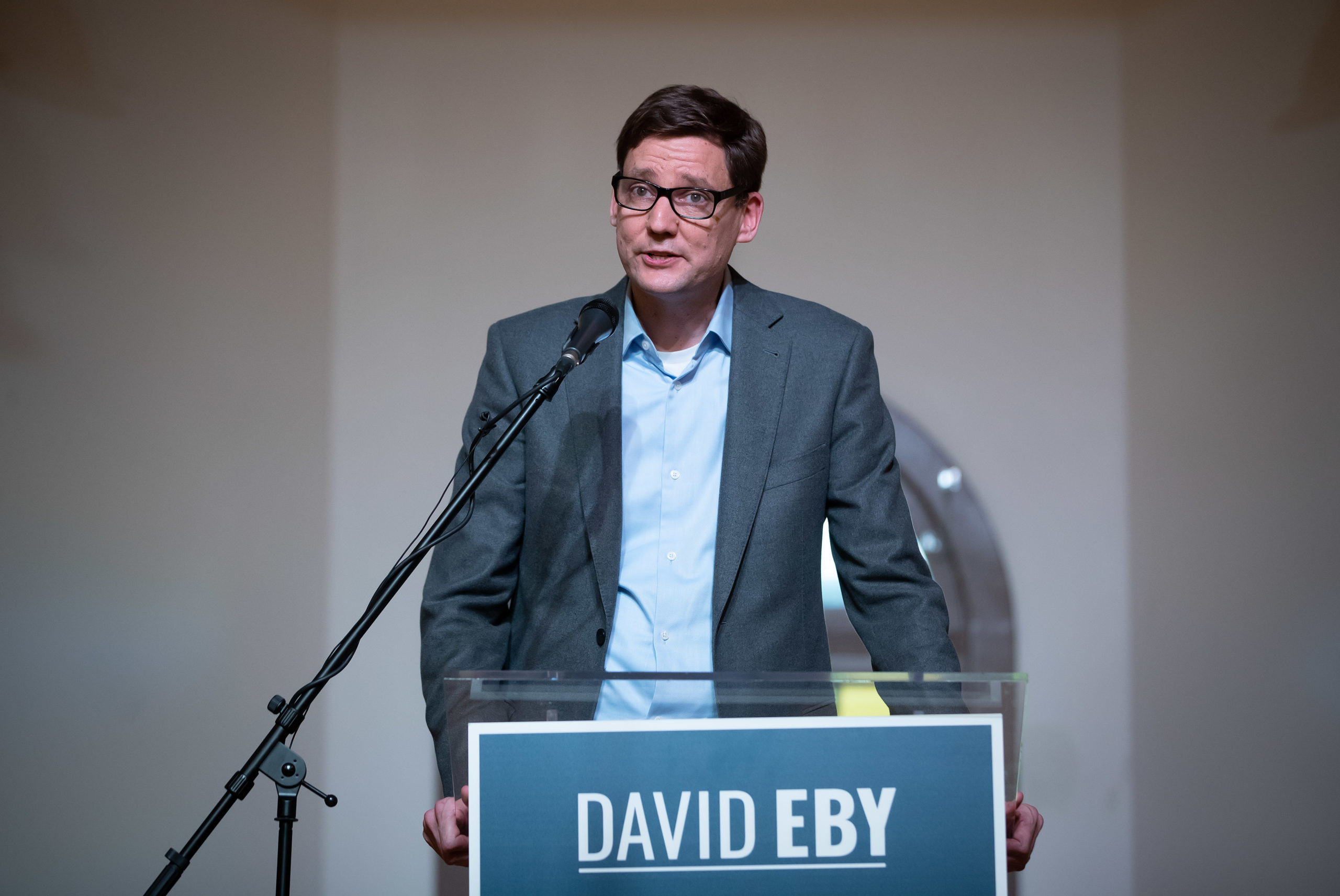Written by Anna Lilly.
Leading up to the October 15 municipal election in B.C., Metro Vancouver residents, businesses and even municipal politicians are desperate for provincial intervention to save us from the housing crisis.
On Wednesday, B.C.’s Premier-in-waiting David Eby detonated a policy bomb right in the middle of the municipal campaign. As part of his bid to become the next leader of the BC NDP following Premier John Horgan’s retirement, Eby released his housing platform, promising to use provincial legislative powers to prompt more supply of affordable housing in communities. His proposed measures include legalizing secondary suites across the province, increasing density in major centres, an anti-flipping tax and a $500 million rental housing fund to buy and protect rental housing stock. More details here.
This all comes as no surprise with the growing anxiety and frustration across the province when it comes to affordable housing. The Metro Elects Survey conducted in August by Mustel Group Greater Vancouver Board of Trade and Earnscliffe Strategies, shows that Metro Vancouver residents’ top concern going into the municipal election – by far – is housing affordability.
The public appetite is there for key elements of Eby’s plan. Not only did the majority of residents and businesses in our survey want the province to override municipalities to get more housing built, shockingly over half of municipal politicians we surveyed (candidates and incumbents) were in favour of the province intervening. This is despite the fact that some of Eby’s proposed actions would override municipal authority over land use decisions.
A few local mayors have told me they would welcome such a move because it will force the hand of city councils who have been slow to approve affordable housing developments, leaving other communities to add new housing supply. It will be very interesting to see how candidates react to Eby’s plan, now that the details are public.
Within neighbourhoods, we shouldn’t assume that ‘NIMBY’ types will stand in the way either. In fact, only 20 percent of residents we surveyed would say “no” to multi-storey housing in their local ‘hood. A full 60 percent would support between three to six storey housing developments near their homes, and not just on busy transit corridors.
Civic election candidates should be aware of the degree to which voters are dissatisfied with municipal governments when it comes to affordable housing, homelessness, the overdose crisis and crime. These were the issues where local governments performed the worst over the last four years, according to residents we surveyed. Even though senior levels of government have the responsibility and resources to address many of these problems, residents are seeing local politicians as the roadblock to progress (whether or not that’s a fair assessment).
The poll further showed that voters feel things will only get worse over the next five years, with only 20 percent saying quality of life will stay the same or improve. The level of pessimism among voters is an issue municipal candidates will have to contend with in order to sway hearts and minds this election.
According to business leaders who responded to our survey, there’s more work to be done by local governments to keep the economy and housing supply moving. Fifty percent of businesses say issues of permitting, licensing and red tape are of greatest concern. But only 11 percent of the politicians we surveyed were concerned about their government supporting the economy and becoming more business friendly. This is a real disconnect and shows the business community will have to continue putting pressure on local governments to clear permitting backlogs.
As our communities continue to grapple with increasing interest rates, inflation and unstable financial markets, residents are looking to local leaders to dig deeper to address the region’s biggest challenges. The Metro Elects survey shows there is growing concern that the region isn’t acting quickly enough to keep up with population growth and maintain Metro Vancouver’s quality of life.
Many candidates – both locally and in the BC NDP leadership race – are certainly tapping into this sentiment. Meanwhile, candidates who aren’t at least acknowledging the public’s anxiety over affordability will find it difficult to get elected.
